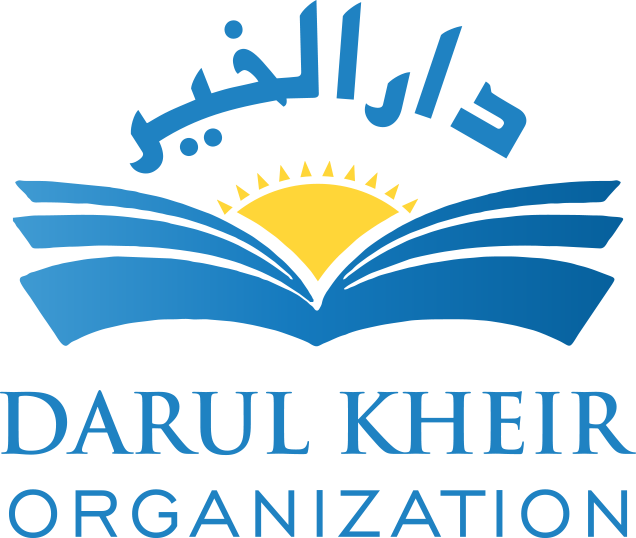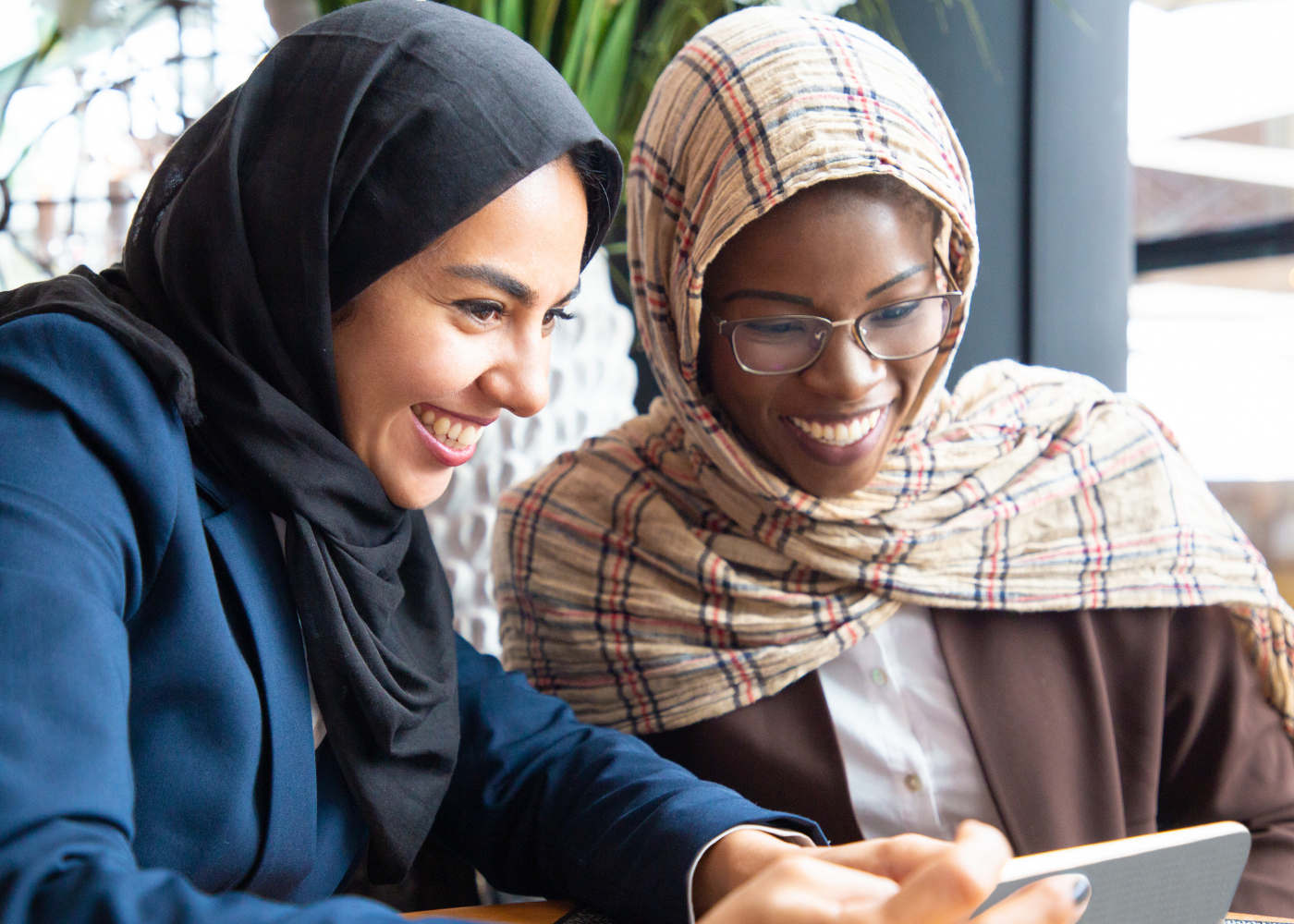In the intricate maze of challenges that often engulf informal settlements, a beacon of hope shines brightly. That beacon is the Darul Kheir Organization, which is steadfast in its transformative mission of empowering women through the Women's Arabic and Islamic Program.
Nestled in the heart of Mukuru Slums, Darul Kheir is more than just an organization; it is a lifeline for the community, a catalyst for change, and a testament to the power of education and empowerment. At the core of its initiatives is the Women Arabic and Islamic Program, a pioneering effort to illuminate hearts and minds through the light of knowledge.
This article embarks on a journey to unravel the tapestry of Darul Kheir's overarching mission. It delves into the profound impact of the Women Arabic and Islamic Program, exploring its nuances, celebrating its successes, and highlighting its role in transforming lives and communities.
Join us as we traverse this enlightening path, shedding light on the remarkable work of Darul Kheir and the indomitable spirit of the women it serves. Together, let's discover how Darul Kheir is illuminating hearts and shaping a brighter, more empowered future for the women of Mukuru Slums.
The Importance Of Arabic And Islamic Education For Women
Education is a vibrant tapestry, woven with diverse threads of knowledge. Among these, Arabic and Islamic studies form an integral part, especially in the context of women's education. This unique educational lens offers a path to empowerment, fostering intellectual, spiritual, and personal growth.- Arabic and Islamic education is more than just an academic pursuit; it's a journey of self-discovery and enlightenment. It provides women with a deeper understanding of their cultural and religious heritage, strengthening their identity and sense of self.
- Learning Arabic, the language of the Quran, opens up a world of knowledge and wisdom. It enables women to engage directly with Islamic texts, enhancing their comprehension and appreciation of their faith. This linguistic empowerment contributes to their intellectual growth, broadening their perspectives and enriching their thinking.
- Islamic education, on the other hand, offers valuable life lessons and moral guidance. It instills values of compassion, integrity, and respect, shaping women's character and conduct. It also promotes spiritual development, fostering a sense of inner peace and purpose.
- Moreover, Arabic and Islamic education equips women with the confidence to participate actively in religious and community affairs. It empowers them to be informed contributors to discussions and decision-making processes, enhancing their social standing and influence.

